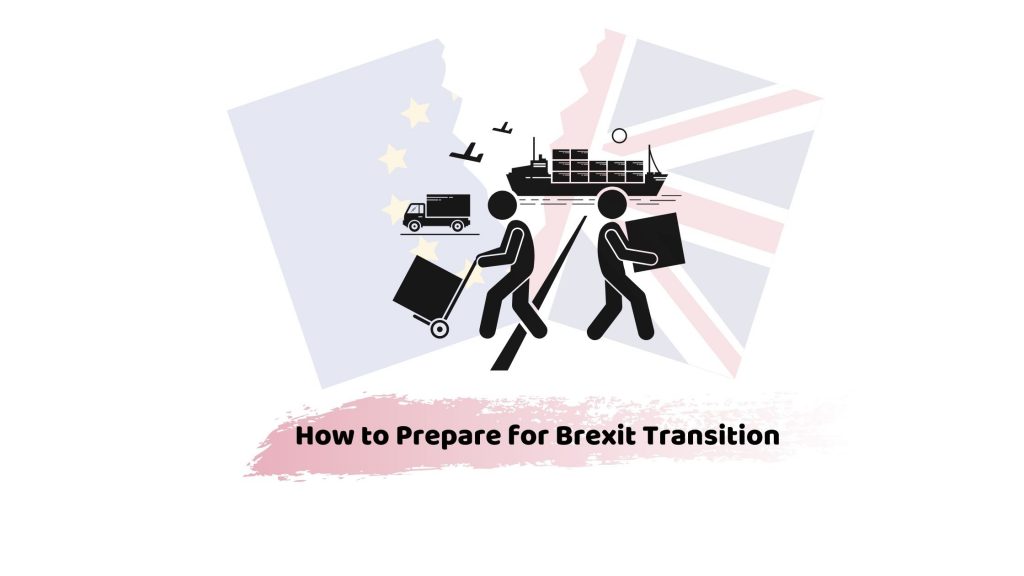EU and UK are together no more. As this romantic love story comes to an end, its time for you to be a bit worried about the future of your business in the current scenario. Businesses should be a bit more certain and clearly think about how they’ll become more certain in 2021. The economic turbulences may surge not just because of Brexit, but also because of the pandemic too. Of course, you need to improve the cash situation. Here’s are somethings you need to try out to make sure the situation doesn’t get out of hand. Wondering how to prepare for Brexit. Know all of your answers here:
Lookout for New Cash Outlets
Work on a quick analysis of the working capital you might be working with. You might even be needing additional money. So where do we get that from? As the economic turbulences intensify in 2021, you need to be a bit more certain of your funding sources.
There’s no rocket science that you wouldn’t understand how sales work out. Economic uncertainties affect sales, inventory levels and you might end up piling up more debt. ‘How to prepare for Brexit’ doesn’t turn out to be a troubling question when you’ve got a backup. You might want to get your hands on cash available to you from any funding/lending sources to make sure that you’re not lagging behind.
Assess New Potential Markets
Here’s the good news: EU is seeking trade arrangements with other countries outside EU/EEA. A lot of these trade agreements are already in progress. Of course, this means more trade for UK businesses. If you’re living in UK, and you’ve got a business registered here too, you might be getting more advantage in assessing these markets.
How Aware Are you of the New Settlement Scheme?
If you live in UK but you’re nationals of EU/EEA/Switzerland and you’ve been living in UK by 31st December 2020, make sure your register for the settlement scheme by 30 June 2021.
What Are the Potential Tariffs you Need to be Aware of?
So what tariffs apply to UK imports? Take tariffs or customs duties, tax is levied on their imports. There are no tariffs on trade within the EU customs unions. Uk’s trade with the rest of the world is completely subjective to EU tariff rates. The tariff on imports differs from country to country within EU as per trade agreement negotiated with UK. The World Trade Organization (WTO) stipulates the most favoured nation tariff rates. These apply if a preferential tariff rate has not been negotiated.
For UK, the business owners must not expect any tariffs on imports to UK that originate in EU. This also applies to imports that take place in UK. For other countries, imports depend on a number of factors, including:
- Customs value of goods
- Kind of goods
- What country do you want to import these to (this involves an in-depth analysis in the database to look up tariffs, UK trade tariffs, TARIC EU tariff database, UK guide to the export country by country, market assess map to identify tariffs and market access map to identify tariffs.
- Where have they been originated from
Get Ready to Deal with Customs
UK is a completely separate territory from the rest of EU. This clearly means all the imports and exports to and from EU involve custom procedures. The situation is relevant, whether you’re looking forward to get EU goods in UK or UK goods in EU.
Technically speaking, the UK’s free trade agreement won’t have any impact on the need to review your imports and exports. You don’t need to worry about them. You also won’t be needing





















































